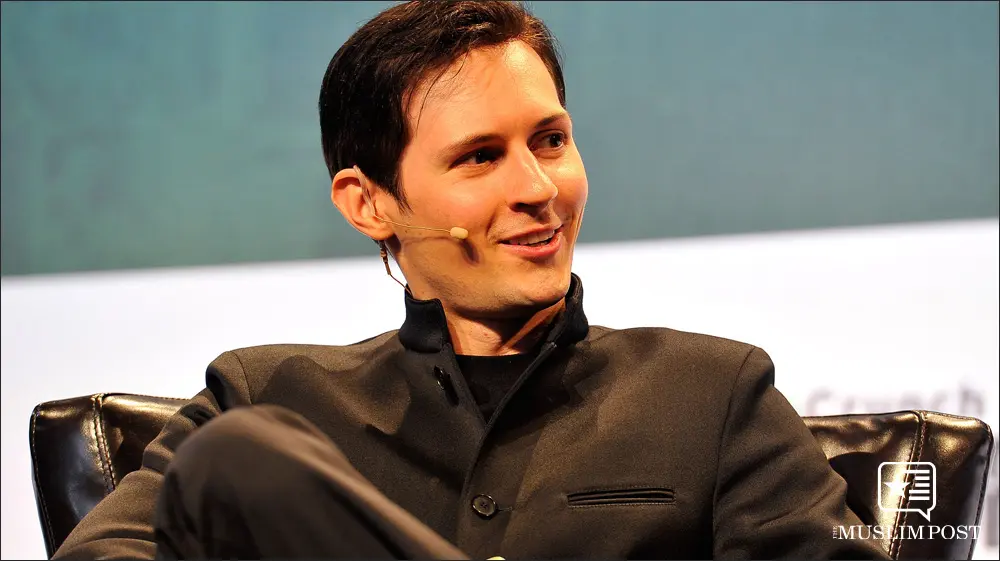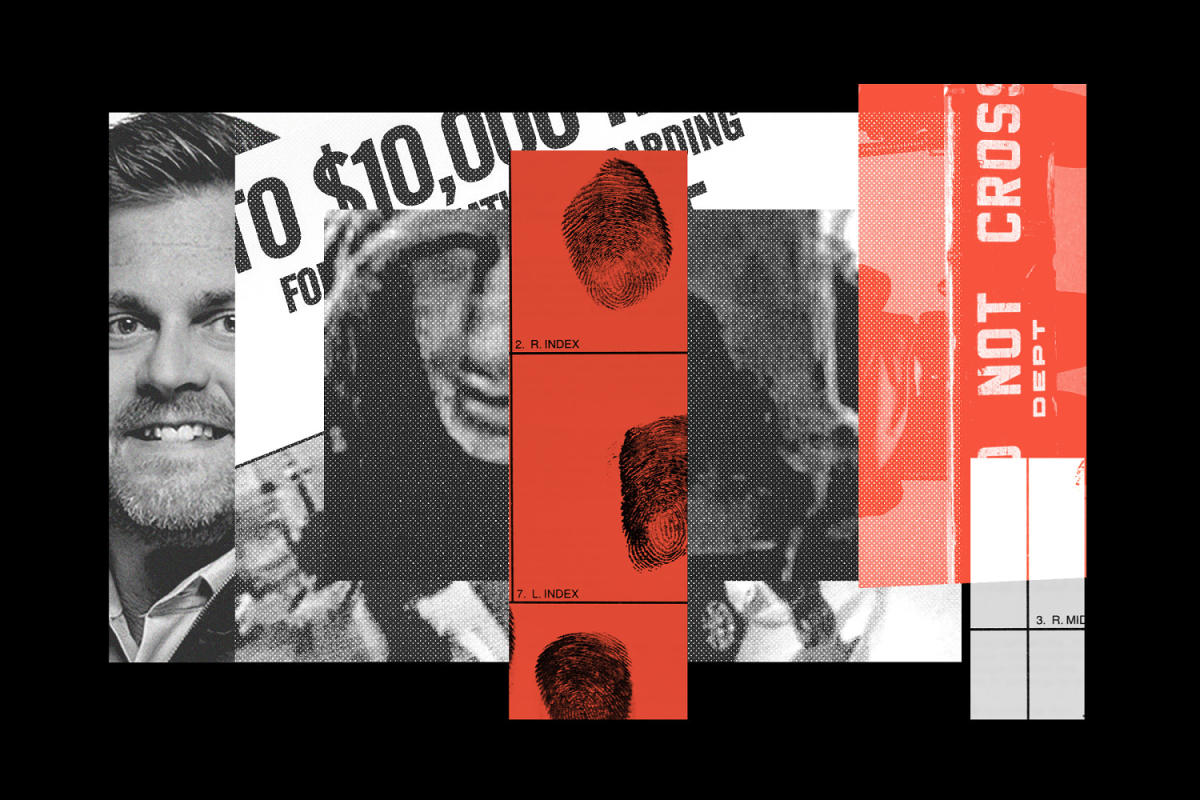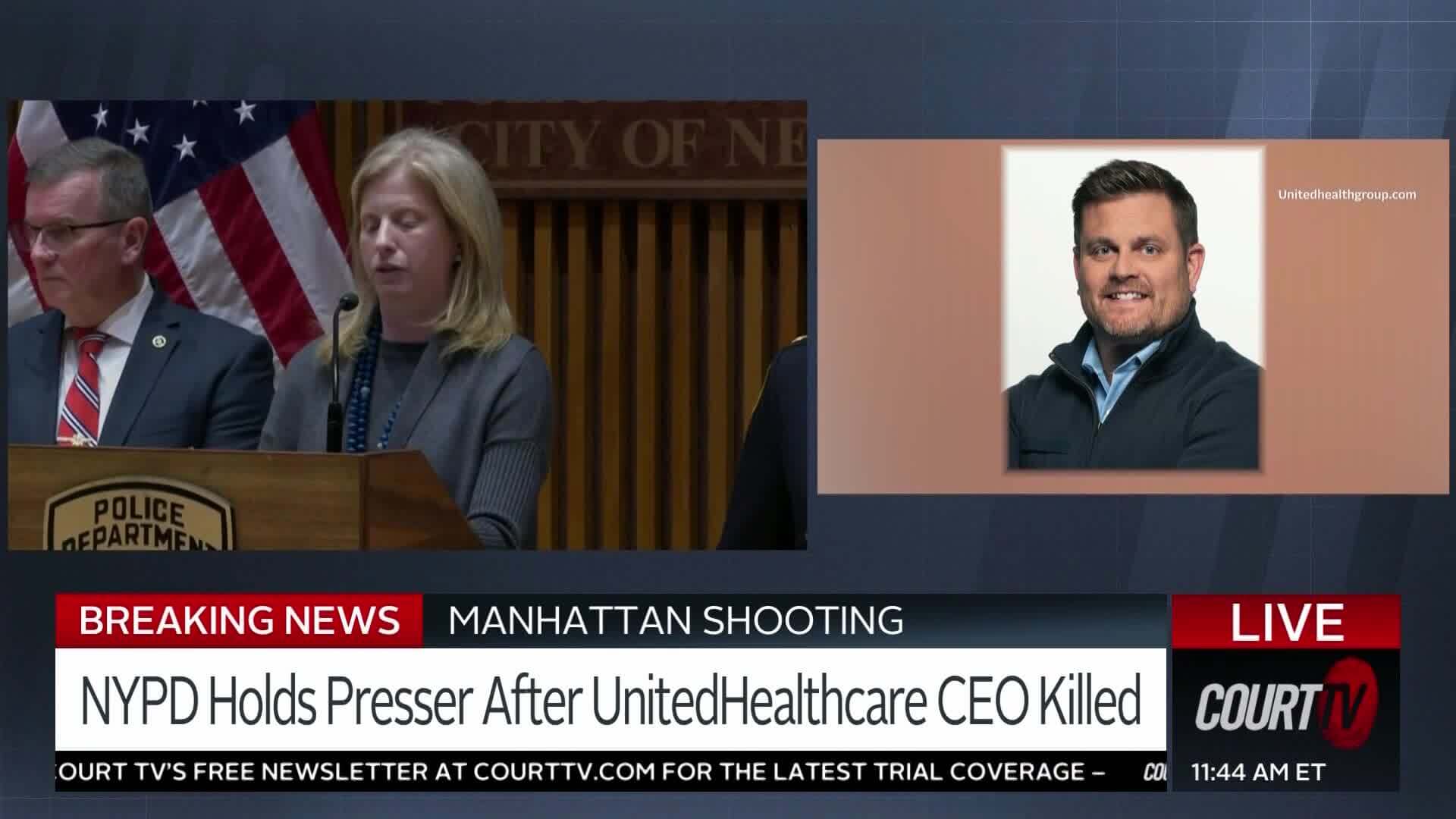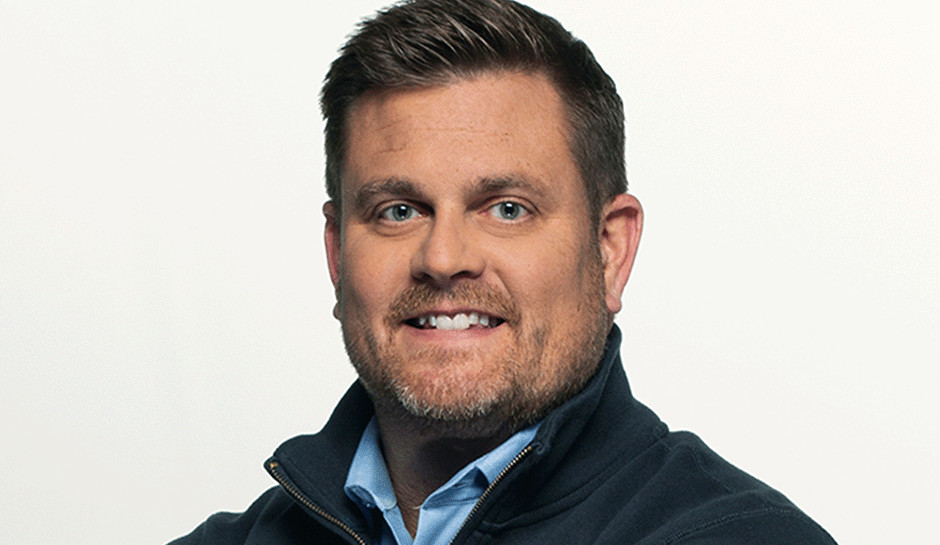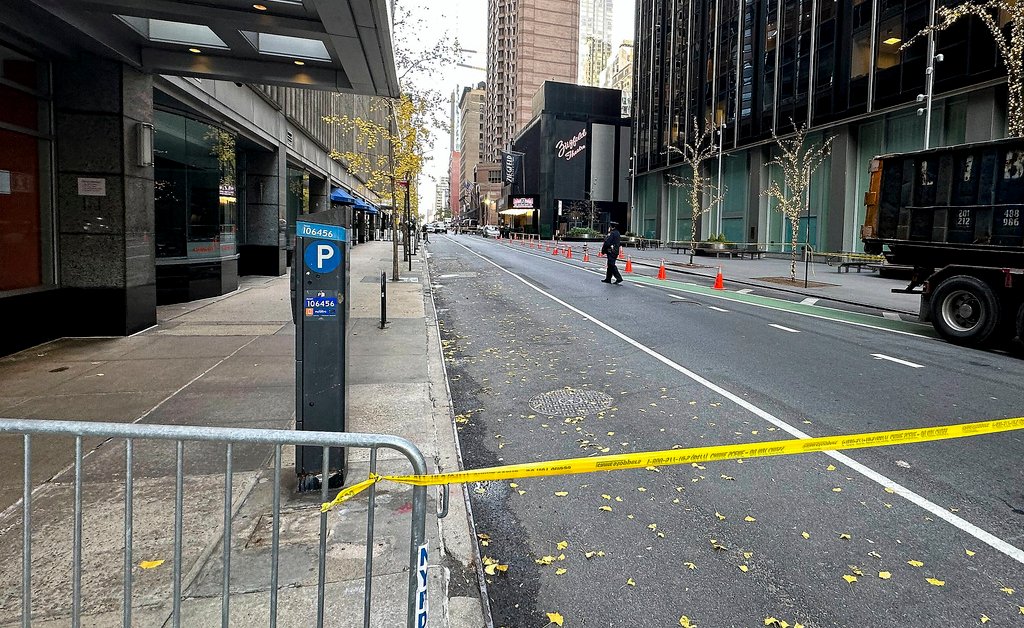The recent arrest of Pavel Durov, the CEO and founder of the messaging app Telegram, has sparked discussions regarding the state of free speech in Europe. Durov, a Russian-born billionaire, was apprehended upon arriving at Le Bourget airport in France. This article aims to analyze the factual information surrounding Durov’s arrest, the allegations against Telegram, and the broader context of online platforms and freedom of speech within Europe.
The Arrest of Pavel Durov
On August 25, Pavel Durov was detained by French authorities at Le Bourget airport outside Paris. The arrest took place shortly after his arrival on a private jet from Azerbaijan. While there has been no official confirmation from France, several sources, including two French police sources and one Russian source, have corroborated the arrest. According to the French police, Durov was discovered to be on the passenger list and subsequently apprehended due to an existing arrest warrant in France.
Accusations against Telegram
Durov’s arrest is a result of a preliminary police investigation by the French cybersecurity gendarmerie unit and the national anti-fraud police unit. The investigation focuses on allegations that Telegram’s lack of moderation and cooperation with law enforcement has facilitated various crimes. French authorities claim that the platform’s absence of active moderation and failure to collaborate adequately with the police have contributed to its misuse as a tool for criminal activities.
Response from Telegram
In response to the arrest, Telegram released a statement asserting its compliance with EU laws, including the Digital Services Act. The messaging app emphasized its ongoing efforts to improve content moderation, stating that it adheres to industry standards. Telegram defended its CEO, Pavel Durov, affirming that he has nothing to hide and frequently travels within Europe. The company denounced the notion that a platform or its owner should be held solely responsible for any abuse that occurs on the platform.
Implications for Freedom of Speech
The arrest of Pavel Durov has garnered attention regarding the state of free speech in Europe. Elon Musk, owner of X (formerly known as Twitter), criticized the situation, claiming that freedom of speech on the continent is being undermined. Russian lawmaker Maria Butina, who previously spent time in a U.S. prison, characterized Durov as a political prisoner, emphasizing the perceived impact of Western witch-hunts. These reactions underscore concerns that Durov’s arrest might impinge upon individuals’ freedom of expression.
The Role and Impact of Telegram
To grasp the significance of Durov’s arrest, it is essential to understand the origins and influence of Telegram. Durov founded the encrypted messaging app in response to pressure he faced as the owner of VK, a social media platform in Russia. Telegram’s commitment to user privacy and effective encryption has allowed it to amass a substantial user base. However, it has also become a source of unfiltered information, occasionally disseminating misleading content during conflicts such as the Ukraine-Russia war.
Ongoing Scrutiny and Evolving Landscape
Durov’s arrest is not an isolated incident, as numerous European countries, including France, have expressed concerns about Telegram’s security and potential data breaches. The messaging app’s increasing popularity has prompted discussions surrounding its role in balancing user privacy and mitigating online criminal activities. Authorities are grappling with the challenge of maintaining public safety while preserving fundamental rights in the digital realm.
Pavel Durov’s arrest has ignited debates surrounding freedom of speech and the regulation of online platforms in Europe. As digital communication platforms gain prominence and face scrutiny for their policies, finding a delicate equilibrium between user privacy and safety becomes imperative. The ongoing investigation into Durov and Telegram underscores the critical questions surrounding governmental authority to regulate speech on these platforms. Europe finds itself navigating the complex landscape of protecting public safety while safeguarding individuals’ right to express themselves freely. As events unfold, the implications for freedom of speech and the future of online communication in Europe demand careful attention.

